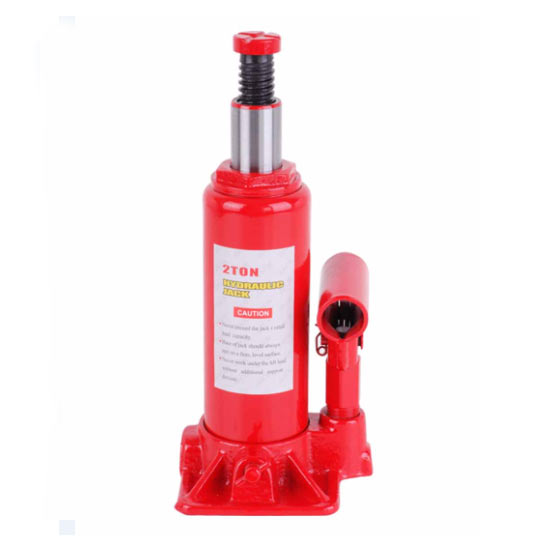Which is better mechanical jack or hydraulic jack?
"Which is better, a mechanical jack or a hydraulic jack?" It's a question that echoes through workshops and garages alike, sparking debates among enthusiasts and professionals. In the world of lifting equipment, the choice between these two types of jacks is pivotal. Let's unravel the intricacies behind this age-old question and delve into the factors that make one jack stand out over the other.
Understanding the Mechanics: Mechanical Jacks
Mechanical jacks operate on the principle of simple machines, utilizing gears, screws, or levers to generate lifting force. These jacks are straightforward in design, relying on physical effort to raise and lower loads. The process involves turning a crank or using a handle, translating human energy into mechanical advantage.
The Power of Simplicity: Mechanical Jack Advantages
One cannot ignore the merits of simplicity when it comes to mechanical jacks. Their uncomplicated design makes them reliable, durable, and easy to maintain. The absence of hydraulic fluid minimizes the risk of leaks, offering a more straightforward user experience. For applications where precise control and intricate maneuvering are not paramount, mechanical jacks present a compelling case.
Hydraulic Precision: Unveiling Hydraulic Jacks
In contrast, hydraulic jacks harness the power of fluid mechanics to lift heavy loads. These jacks consist of a hydraulic cylinder and a pump plunger, working together to raise the load effortlessly. The force applied to the hydraulic fluid results in an equal force transmitted to the piston, creating a powerful lifting mechanism.
Beyond Brawn: Advantages of Hydraulic Jacks
Hydraulic jacks excel in scenarios where precision and controlled lifting are imperative. The hydraulic system allows for a smoother and more gradual lifting motion, reducing the risk of sudden jolts. The ability to exert significant force with relatively less manual effort makes hydraulic jacks ideal for heavy-duty applications.
The Verdict: Choosing the Right Jack for the Job
The choice between a mechanical jack and a hydraulic jack boils down to the nature of the task at hand. For straightforward, no-frills lifting in environments where simplicity is an asset, a mechanical jack may be the preferred option. On the other hand, when finesse, precision, and the capability to handle substantial loads are paramount, the hydraulic jack emerges as the clear winner.
Significance and Impact on Lifting Operations
The choice between mechanical and hydraulic jacks is more than a matter of personal preference; it directly influences the efficiency and safety of lifting operations. Using the right jack for the right task not only enhances productivity but also minimizes the risk of accidents and equipment damage. Mechanics and DIY enthusiasts alike benefit from making an informed decision based on the specific demands of the job.
Conclusion: Navigating the Lifting Landscape
In conclusion, the mechanical jack versus hydraulic jack debate is not about declaring one superior to the other; rather, it's about understanding their strengths and selecting the most suitable tool for the job at hand. The diversity of lifting applications ensures that both jacks have their place in the toolkit, ready to tackle challenges in their unique ways. As we navigate the lifting landscape, the key lies in recognizing the nuances of each jack type and employing them judiciously for optimal results.


